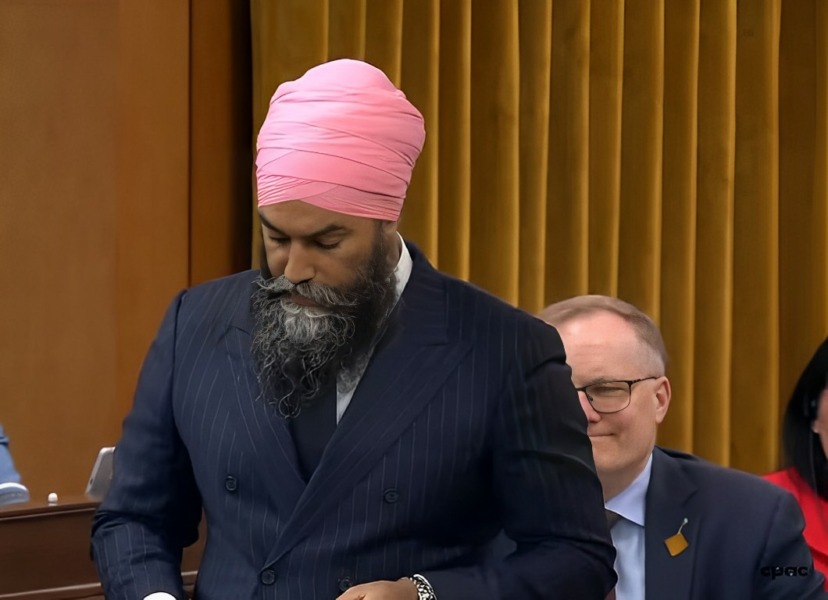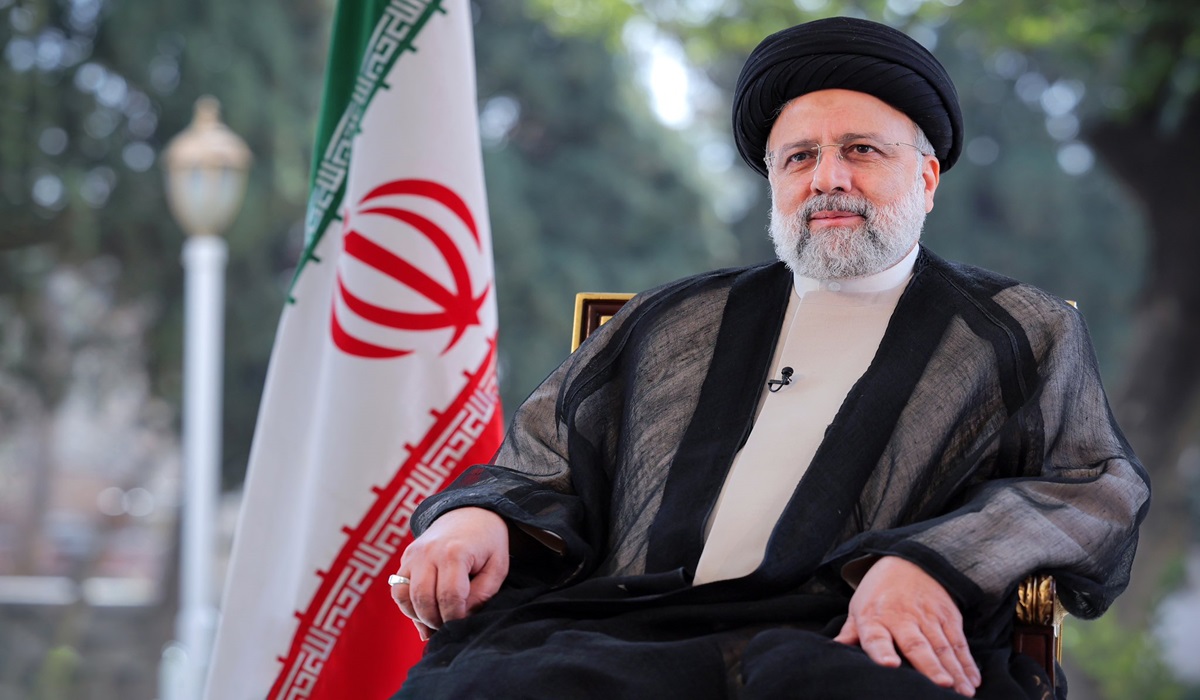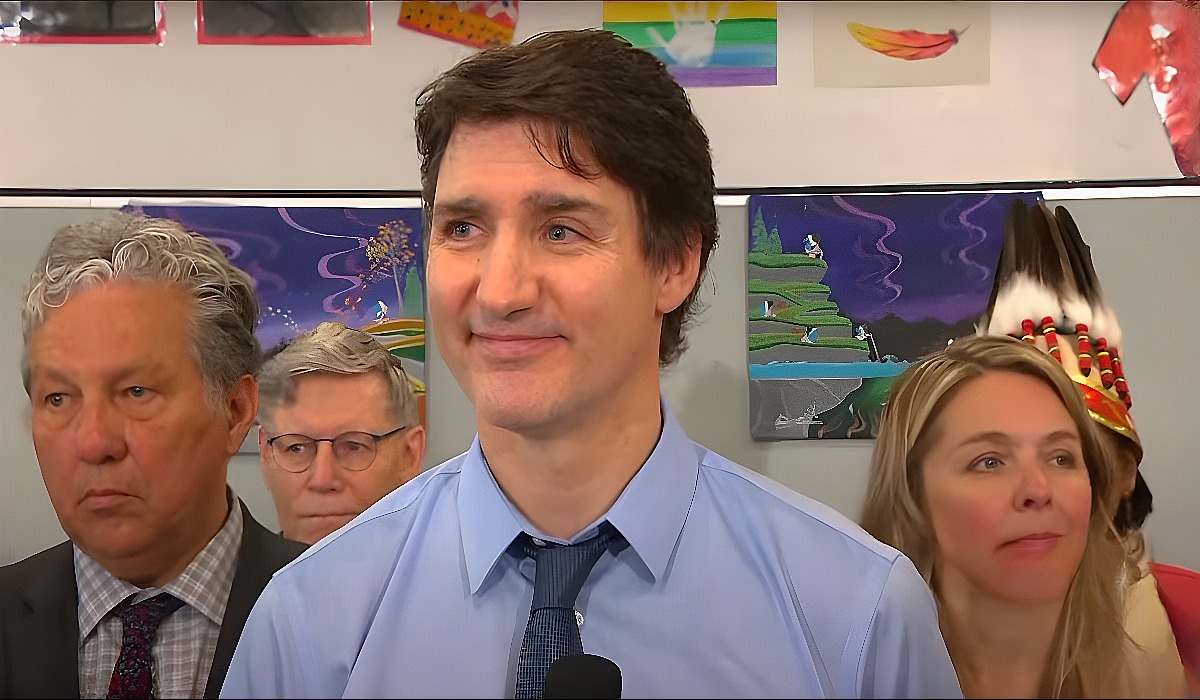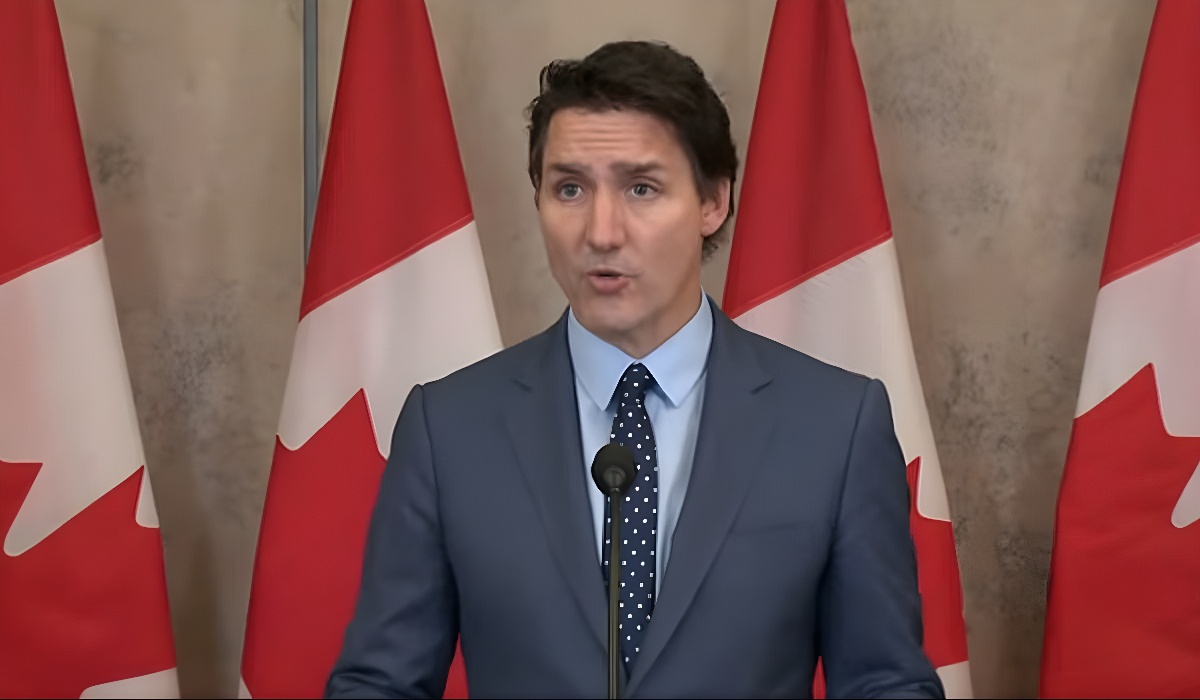Singh’s Motion for the Special Rapporteur to Step Aside: A Non-Binding Exercise In Futility
- TDS News
- Breaking News
- Canada
- June 1, 2023

In Wednesday’s sitting of the Canadian House of Commons, the New Democratic Party (NDP) led by Jagmeet Singh brought forward a vote requesting the Special Rapporteur David to step aside from performing his duties. The motion passed with a vote of 174 to 150, aided by the Bloc and Conservative parties joining the NDP.
Jagmeet’s motion requesting Special Rapporteur David Johnston to step aside was a waste of time, as it is nonbinding and symbolic. With the support of the Bloc and Conservative party, the motion passed, marking a token victory for the NDP. However, after the vote, the special rapporteur, Johnston, issued a statement refusing to resign, leading to further tension and division among the political factions.
“When I accepted the mandate to act as independent special rapporteur, I did so with full knowledge of the fact that the work ahead would be neither straightforward nor uncontroversial,” Johnston.
“I deeply respect the right of the House of Commons to express its opinion about my work going forward, but my mandate comes the government. I have a duty to pursue that work until my mandate is completed. Said Johnston in his statement.
NDP leader Jagmeet Singh felt compelled to demonstrate that he does not support all actions taken by the Prime Minister and Liberal government. It is suggested that Singh’s response was provoked by the Leader of the Opposition, Pierre Poilievre. However, this reaction has drawn criticism from those who view it as a strategic move or as falling into a political trap. The motivations behind Singh’s response have raised questions about the priorities and tactics of Singh in the political arena.
The special vote and its aftermath have left many Canadians questioning the effectiveness and productivity of their elected officials. The vote has been widely seen as political grandstanding that does not contribute to addressing the issues that matter to the public. As the House of Commons approaches its summer recess, taxpayers may feel frustrated with the allocation of their money and the lack of substantive discussions on matters that directly impact their lives.
Some segments of the public are becoming increasingly critical of the media’s coverage of political events, particularly when they perpetuate the same narratives and sensationalism. There is a growing sentiment that the media should exercise discretion in providing a platform to politicians who engage in divisive rhetoric and misinformation. Many Canadians are eager for the media to focus on substantive analysis and objective reporting, calling for a more responsible and mature approach to political coverage.
Canadians argue that non-binding votes of symbolism serve little purpose beyond signalling support to party bases and creating a perception of working in the name of democracy. They suggest that these votes can humiliate or undermine the opposition’s credibility. Furthermore, some see the call for Johnston’s resignation following the vote as hypocritical, as it reflects a tendency to question decisions and demand do-overs when one is dissatisfied. As the political landscape evolves, it remains important for citizens to critically analyze the actions and motivations of their elected representatives and hold them accountable for their decisions.








